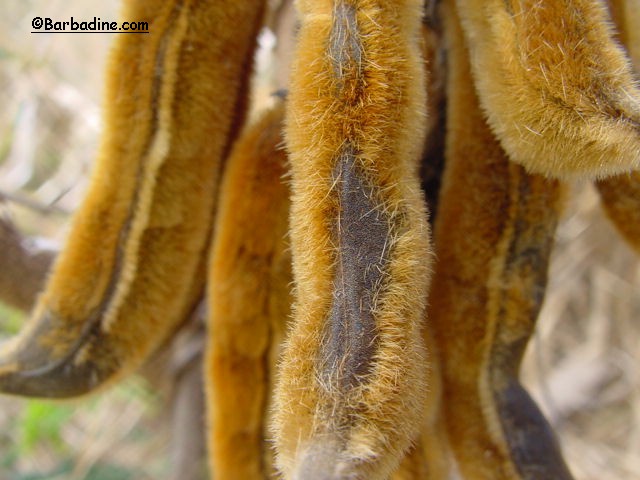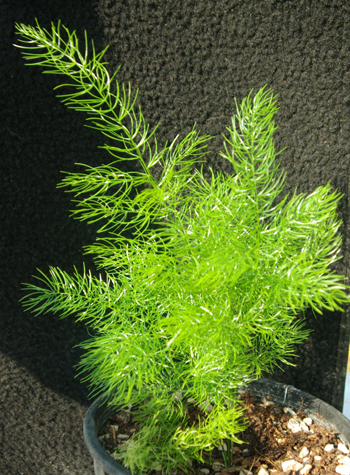I have continued my ongoing research of herbal ingredients used in some bodybuilding supplements and come across these.... I am ordering them to try out... Hopefully they can help me on my journey to the next level...
1. Astragalus Root (Huang qi) has been used as a popular herbal tonic in China for many centuries. Some of the known active components include flavonoids, free amino acids, trace minerals and polyphenols.
 Astragalus is believed to build stamina and vitality. It has a reputation for improving overall health by helping the body to maintain a healthy immune system. As an antioxidant, it helps to counteract cell damage caused by unstable oxygen molecules called free radicals.
Astragalus is believed to build stamina and vitality. It has a reputation for improving overall health by helping the body to maintain a healthy immune system. As an antioxidant, it helps to counteract cell damage caused by unstable oxygen molecules called free radicals. 
Research shows Astragalus root stimulates the immune system in many ways. It increases the number of stem cells in bone marrow and lymph tissue and encourages their development into active immune cells. It appears to help trigger immune ceils from a "resting" state into heightened activity.
One study showed Astragalus root helps promote and maintain respiratory health. It also enhances the body's production of immunoglobulin and stimulates macrophages. Astragalus can help activate T-cells and natural killer (NK) cells.
Several studies also show Astragalus proffers heart-protecting effects, including protection against oxidative damage. Additionally, the flavonoids, saponins, and polysaccharides found in Astragalus root help minimize free radical damage to membranes.
2. Mucuna (Mucuna Pruriens), also known as velvet bean and cowitch, is an herb used as a minor food crop and medicinal bean in India, West Africa, and Central America. 

It is indigenous to India and is a popular medicinal in that region. It is widespread over most of the subcontinent and can be found in bushes, hedges and dry-deciduous.
Mucuna can be a very beneficial supplement for bodybuilders. It is high in the amino acid L-Dopa which helps maintain healthy cholesterol and blood sugar levels. Another benefit of Mucuna, is that it may increase the production of HGH (Human Growth Hormone). An increase in HGH levels can increase the body's ability to build lean muscle and break down fat.

Mucuna has also been shown to have diuretic effects. It increases tissue resiliency and improves coordination. Mucuna can also increase testosterone levels, which in turn can lead to increased muscle mass and strength.
3. Shatavari has been used in India for thousands of years for its therapeutic and tonic properties.

It is an all-round tonic and rejuvenative which can be given to a person with any type, constitution, males or females, youngsters or elders. Indeed, Shatavari is the Universal Rasayana. The name Shatavari is symbolic which means one who possesses one hundred husbands. It has various synonyms like atirasa (very juicy), narayani (from which famous preparation Narayana taila is manufactured), satpadi (possesses hundreds of roots), suksma patra (has tiny leaves etc). Charaka has categorized it as balya promoting strength or a tonic, vaya sthapana – promotes longevity, sukra janana (spermatogenic), Also, he has cited it as a rejuvenative to rasa and mamsa dhatus and mamsavaha srotasa. Susruta has mentioned it as sukra sodhana – purifies the sperms or semen. Whereas, it is quoted as vajikara – augments the sexual vigour and quantity of semen (Sarngandhara Samhita). It is also classified as samsamana – neither it aggravates nor it eliminates the doshas from the body, but simply pacifies the aggravated doshas especially, pitta.
4. Asphaltum punjabinum or Shilajit has been used for thousands of years and for as many different health problems. It is listed as a healing agent in ancient Sanskrit writings and is used today in Ayurvedic health practices. The discovery is said to be made by Himalayan villagers observing large white monkeys migrate to the mountains in the warm summer months. The monkeys were seen to be chewing a semi-soft substance that flowed from between layers of rock. The villagers attributed the monkey’s great strength, longevity and wisdom to the substance. They began to consume it themselves and reported a broad spectrum of improvements in health. It seemed to give them more energy, relieve digestive problems, Increase sex drive, improve memory and cognition, improve diabetes, reduce allergies, improve the quality and quantity of life and it seemed to cure all diseases
5. Ashwagandha (Withania somnifera) is renowned as an herbal adaptogen. In the Indian Ayurvedic tradition it is used as a Rasayana, a dietary supplement or practice promoting rejuvenation, mental and physical health, as well as providing a defense against aging and challenging environmental factors. Ashwagandha root has been shown to protect brain cells from oxidative damage caused by exposure to stressors. Historically, the plant has been used as an aphrodisiac, liver tonic, anti-inflammatory agent, astringent, and more recently to treat bronchitis, asthma, ulcers, emaciation, insomnia, and senile dementia. Clinical trials and animal research support the use of ashwaganda for anxiety, cognitive and neurological disorders, inflammation, and Parkinson's disease. Ashwaganda's chemopreventive properties make it a potentially useful adjunct for patients undergoing radiation and chemotherapy. Ashwaganda is also used therapeutically as an adaptogen for patients with nervous exhaustion, insomnia, and debility due to stress, and as an immune stimulant in patients with low white blood cell counts.




1 comment:
From this blog I have continued my ongoing research of herbal ingredients used in some bodybuilding supplements. I am ordering them to try out; Hopefully they can help me on my journey to the next level.
Post a Comment